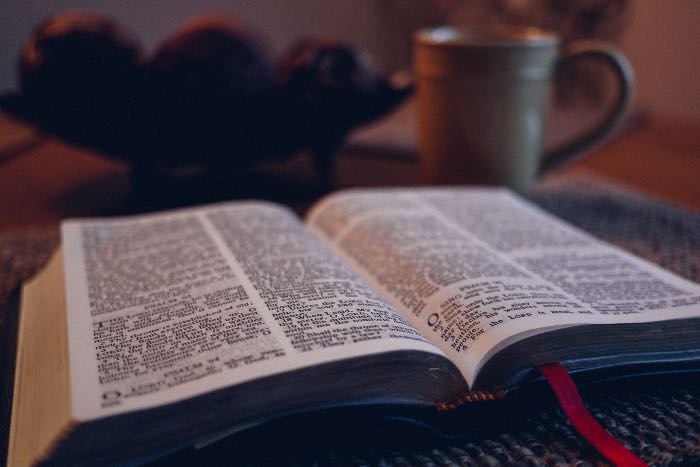
This Week: Advent 2B
Gospel: Mark 1:1-8
The challenge for the preacher this time every year is to proclaim the beginning of the good news of Jesus Christ, the Son of God without his being here yet in the text. This creates two functional issues:
- Our regular reading of the gospels tends to be “Christocentric” in a very literal way. We usually read about stuff Jesus says or does.
- Jesus isn’t actually about to be born. He already is.
Certainly, most of us know these things already. And yet…our usual approach aligns with a Jesus who is present in the text. So, it isn’t that we’re dumb. It’s that, for many of us, our shortcuts to understanding what we’re reading get frazzled by Advent.
Dealing with the messenger
It is poetic that we go for several weeks dealing with people who aren’t Jesus. It certainly matches the natural character of anticipating childbirth. And for the preacher, getting to expand the cast of characters is bit of a luxury.
The message we receive this week is a message about a messenger who brings to all a message about the one to follow. It is a wonderful bit of synergy and keeps the whole thing from getting too mindbendy.
This is also a message that rings in our ears as familiar. Not just because we’ve heard it before (most of us have), but because it is consistent with the message we hear from Jesus.
I want to briefly highlight how that turnaround is both telling and interesting. That we certainly might hear about Jesus from John. But we also might recognize Jesus in the words of John—having already known these ideas before this hearing.
It is a bit like the philosophical concept of anamnesis: which is about the living out in the present of something already known. We practice this in the Eucharist, for example, because the very point of sharing food in that particular way is to embody it. Because we believe something potent can happen to us and within the people gathered now. And it happens by connecting us now to then.
Creating Advent Anew
While this all may be a bit heady for many, there is something to making these connections with Advent. Because this isn’t a season of pure memory. We aren’t reading about the birth of a baby just because.
Nor is it purely about memorizing a story. As if remembering events that happen is the same as knowing why we should know them.
Much like reading history, the point isn’t only to know it. Knowing it so we will or won’t do it again is closer to it. Remembering history is about seeing what happened in a way that helps us better see and understand the present.
For us, our ways of connecting to our past are not just deeper, they contain genuine substance. Most prominent is the Eucharist—connecting with history, with our neighbors, with Christ, in a great cocktail of presence here and now.
I believe that in Advent, we remember the story so that we might embody it now.
Each of us can be John. Even Elizabeth or Mary. We each bear the witness of God in this world and are entrusted with making him known in our lives and to others.
Of course, there are other ideas
- John the Baptizer invites us to think about baptism again.
- Prophets—what they are and why they matter?
- Messengers prepare us.
- The humility of John is an example for us.
- Talk about path-straightening. What it might look like. Why it needs doing.
- The reign of Christ.
- What a Second Coming means today.
- Which theme do you assign to the second week of Advent?
